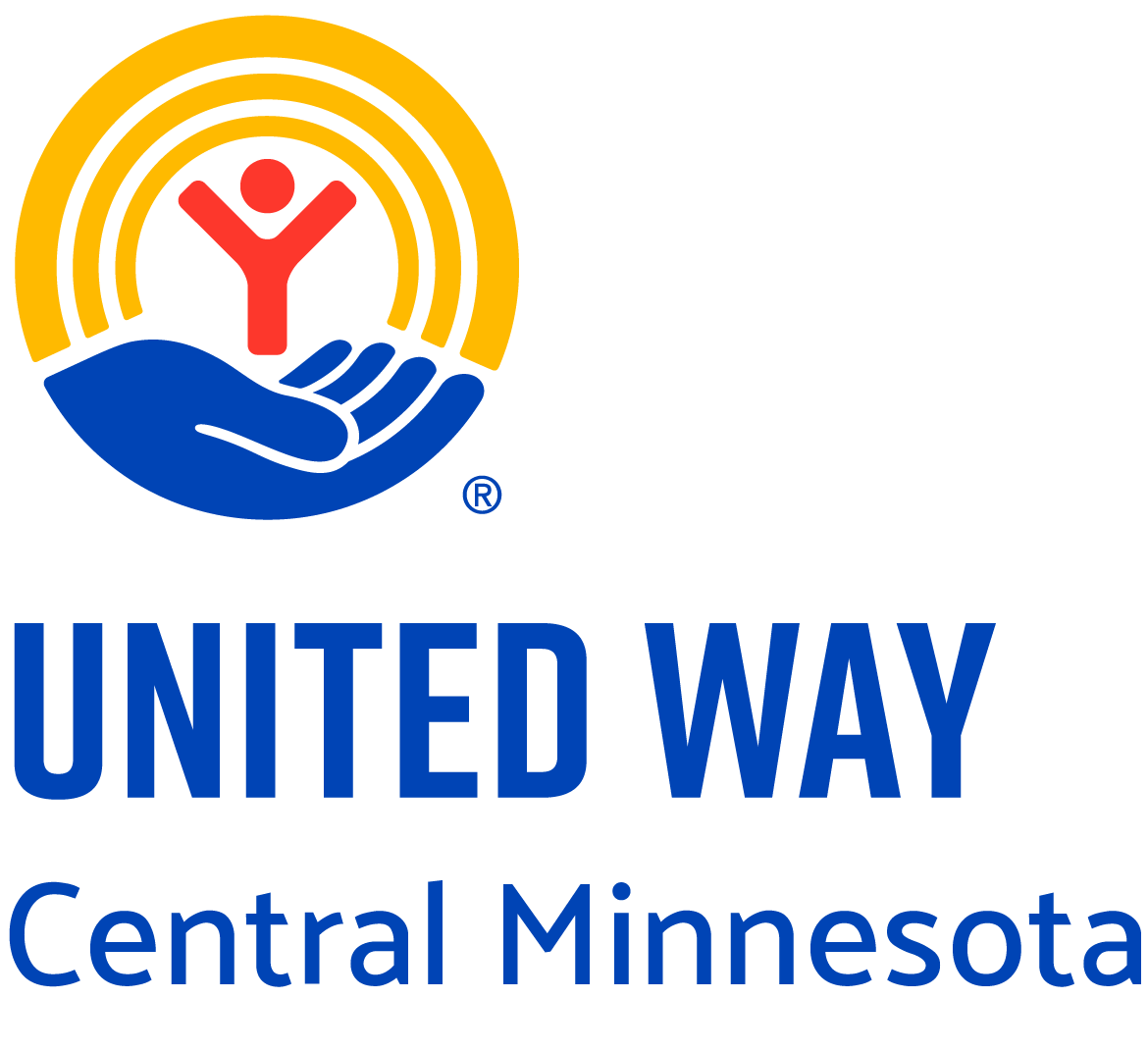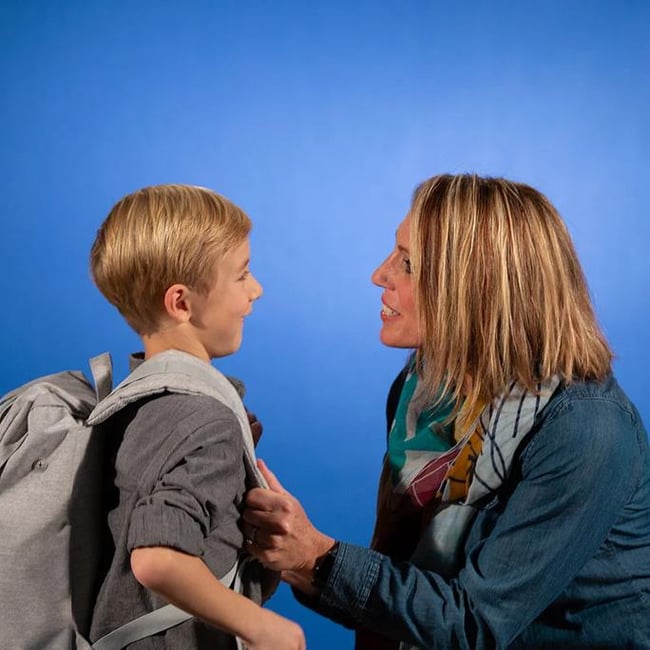This school year has more challenges than ever before to support kindergarten to college readiness as kids return to the classroom after coping with impromptu distance learning and emotional distress experienced by all. The idea of ‘back-to-school’ isn’t what it once was— shifting from the summertime into a predictable routine.
This time, the instability of last year continues to threaten parents and students with unexpected outcomes as many families are feeling mixed emotions returning to school—pure dread, pure excitement, or a little of both. Some family dynamics have shifted through job loss, relocation, bereavement, and declining mental health. Significant student learning gaps might have developed as a result of the sudden and unexpected educational shifts in technology, distance learning, curriculum reduction, staff burnout, and more.
However, when parents and afterschool programs come together, students have a higher chance of succeeding despite the tumultuous stressors of the previous school year. Studies reveal the significant difference in students who receive educational support through community enrichment programs. By mutually cooperating with the available resources, parents may see greater improvements in their child’s social-emotional development along with higher educational competence and mastering valuable skills.
Parents support a healthy transition
As parents, you have the opportunity to work alongside the other “book-ends” in your child’s life to help them keep upright while journeying down the path of learning and development as successfully as possible. Here are some ways you can support your child.
Enforce Good Routines
Healthy routines program your child to take on those habits far into the future. Expected bedtimes, quality nutrition, reading time together are some great ways to support children making the adjustment back to school.
Patience
Please be patient with yourself, your child, and their school as everyone adjusts to new protocols, guidelines, and classroom conversations. New routines take time and this school year may need an extra amount of patience for everyone.
Open-Ended Questions
Asking your child “What are three good things that happened at school today?” or “What was something that made you laugh?” is a helpful way of having your child reflect on their school day and provide more than a one-word answer.
Stay Connected & Open
Open and supportive communication with teachers and staff is healthy for transitioning into the new school year. Many returning teachers are trying to cope with the stress of the previous school year and the overwhelming challenges they faced as educators.
Your emotional support is tremendously important as students converge in the classroom after their experiences from last year— both positive and negative.
Supporting student’s mental health
Mental health awareness is a high priority for our staff and volunteers at United Way. As well as our supporting network of educational enrichment programs. We aim to make students feel seen, heard, and understood before any downward spiral threatens their physical or emotional wellbeing.
We equally encourage parents to become or maintain sensitivity to stressors— finding ways to address them effectively. You might consider having a “mental minute” with your kids— a time set apart each day for a mental health checkup with your child where it is safe to listen, easy to empathize and discuss solutions, or just a safe, no-judgment listening zone. Creating a ‘release valve’ for the pressure and stress your child may be under is valuable to their short-term and long-term mental health.
As you invest time and awareness in your child’s mental health, it’s important to recognize the signs of grief according to the National Association of School Psychologists (NASP).
Here are behavior changes to look for:
- Regressive behaviors
- Social withdrawal
- Decreased verbalization
- Decreased attention and concentration
- Decreased academic performance
- Decreased school attendance
- High-risk behaviors
- Repeated re-telling of the event
- Guilt
- Depression
- Sleep or eating disturbances
- Somatic complaints including stomach aches and headaches
- Increased anxiety, irritability, or aggression
United Way 211 offers parents and caregivers additional support options through school and community programs. United Way of Central Minnesota has established many strong community partnerships geared at meeting the needs of students. Central Minnesota Mental Health Center has mental health resources for those struggling with anxiety, stress, depression, and much more. Mental health provisions greatly reduce negative consequences that affect families and communities at large.
Community learning center support options
What’s most beneficial for students may take finding the right fit for where each child is at and what type of struggle they’re experiencing. Children who lack the ability to participate in quality programs due to transportation issues, family and financial obstacles may still benefit from the many after-school educational enrichment programs offered through United Way.
Enrichment Programs
Child literacy programs are some of the many ways we reach out to help our community. By offering connections for students to engage in afterschool enrichment programs, students develop higher confidence through exposure to various areas of interest. Opportunities to explore their passion can set students up for success in that field. There are many diverse enrichment programs centered around arts, athletics, volunteering, socializing, and more.
Physical Needs
Another way we support students is through providing basic physical needs. Keshia’s Closet makes it easy to meet practical needs for socks, underwear, warm clothing, etc. by offering these items to those in need. Additionally, we have resources that supply hygiene and dental care items, check-ups, and eyewear.
Getting Involved
Conscientious community members who want to see a difference in who we want to partner with us through any outlet of opportunity. Our community thrives when we come together to reduce student dropout rates and ensure necessary skills and development are attained from a young age. Mindful support for our students can help them make a successful transition back to school. If you are concerned about the educational wellbeing of students then please consider giving, advocating, or volunteering towards our focus on resolving education-related barriers and obstacles for students.
Determined to Support Student Success
Our United Way reading and writing initiatives as well as all other educational programs are determined to rise through the ashes of 2020 and make this year the best it can be for our students. A stronger focus is placed on assisting students to excel through and despite the challenges previously faced.
We are determined to support student success through the transition of a unique return to school experience. We exist to serve the community through strategic resources by rolling up our sleeves and improving the lives of our Central Minnesota community.
It’s simply— the right thing to do.








